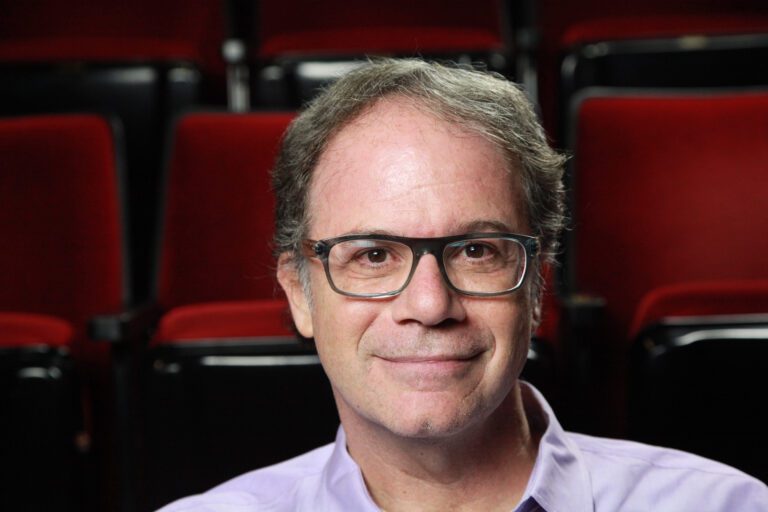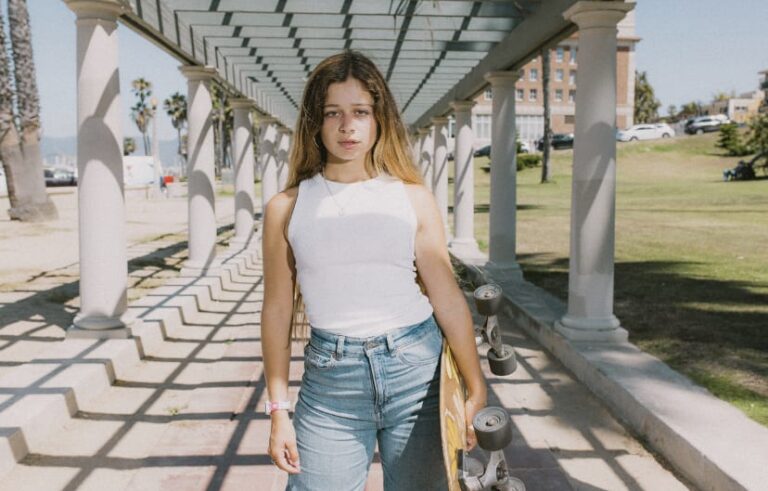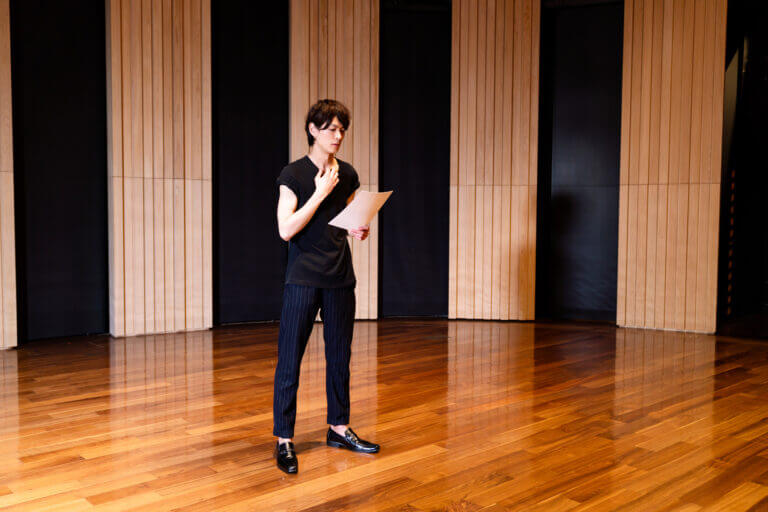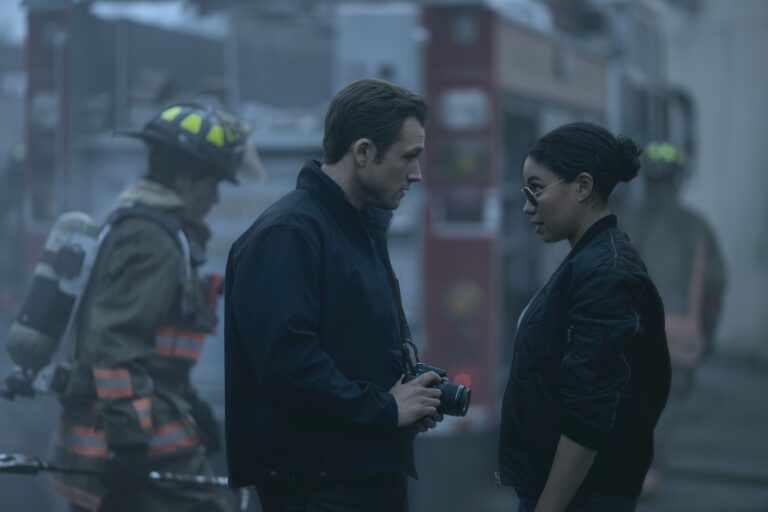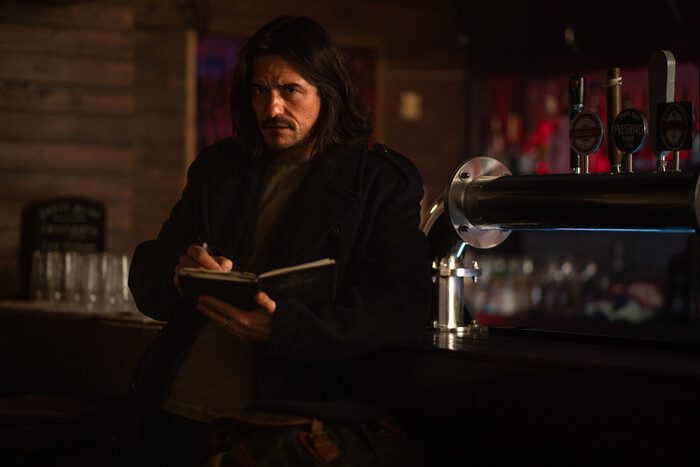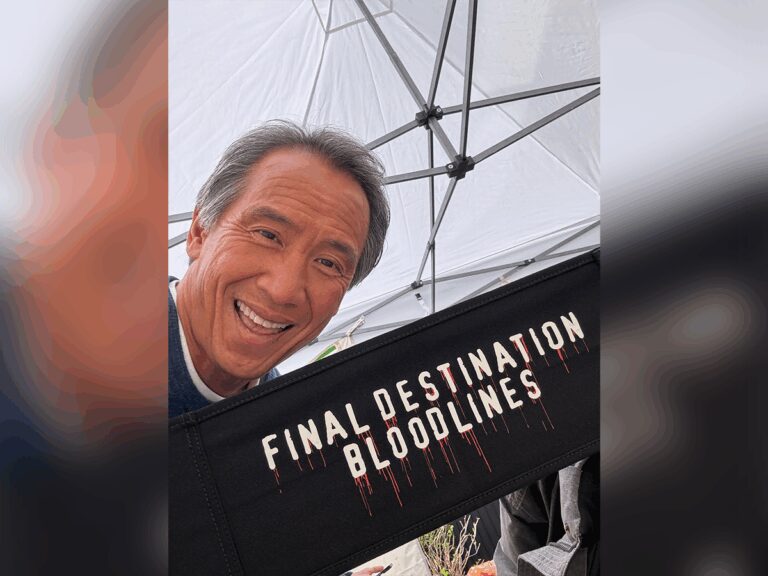The intersection of art and politics is hotly contested. The question of what it is and what it should be inspires widely varying answers and a degree of vehemence that is perhaps something of an answer itself. While I can only offer my own opinions and insight, think the discussion is an important one for actors to engage in.
Insights: Tips to Understanding the Meaning of Your Art
- Evaluate the political implications of your roles and choose projects that align with your values.
- Prioritize work that supports and strengthens your artistic community and principles.
- Use storytelling to inspire and connect with audiences, promoting positive change and joy.
What does it mean to be political?
While some might argue in favor of confining the definition strictly to pushing specific political agendas or even supporting particular political candidates, I want to take a slightly broader view. We use the word “politics” to describe all hierarchies, formal and informal. There are politics of the office, school, the family unit and friend groups…all of these less formal governances influence the ways we choose to govern our society. Looking at the state of our society, identifying problems, and seeking solutions is political.
Art is an expression and reflection of our world
Art is an expression and reflection of what we see in ourselves and our world, and most art seeks to express an opinion about it. Art seeks to affect.
To me, this directly prompts the question for the artist: what am I trying to say and why? Realistically, our reasons for taking offers are varied. Some gigs might be a yes less because of the messaging and more because of the people involved, the paycheck, the timing, or any number of practical considerations.
Simultaneously, there is a vast range of clarity and effectiveness in the messaging of art. Some projects might have very little to say, or be unclear in their messaging. Other scripts merely reinforce the status quo (although, to paraphrase the great Toni Morrison, that is still sending a message).
Having an awareness of what your project is putting into the world means you are in the driver’s seat. As hard as it is to remember sometimes, you are a person, not a product. There may be messages in projects you don’t wish to support, and knowing where you draw your line ahead of time will help empower you to enforce your decisions as they come up. Refusing a project that either expressly or tacitly funds a message you feel is harmful, can be as powerful a statement as the projects to which you commit.
Art boosts our sense of purpose
Producing meaningful and relevant work can be an incredible tool. On a personal level, believing in the messaging of your work can boost your sense of purpose. It’s also a wonderful way to build community.
Working on a project that feels in alignment with your values, alongside like-minded artists, is an energizing and bonding experience. The projects you choose, the voices you feature and the causes you collaborate with and uplift, can all be an intentional strengthening of the community you wish to build.
Within the spaces you choose to work, using what privilege and power you have to prioritize and protect the voices of those less supported is just one way to make a positive contribution. Stay educated, compassionate and brave. Small choices can have big effects. Remember: the audience you’re seeking to move is part of your potential community.
Theatre and film speak through empathy and connection. This is where the power of the art form lies. Storytelling can inspire, empower, shock and heal. Don’t underestimate the value of joy either. Joyful humans are hopeful and motivated humans. Through storytelling, we have the power to model the world we want to see, warn against the future we fear and celebrate the parts of humanity we want to uplift. Use your tools wisely and well.
Looking to get your big break? Sign up or log in to Casting Networks and land your next acting role today!
Related articles:



